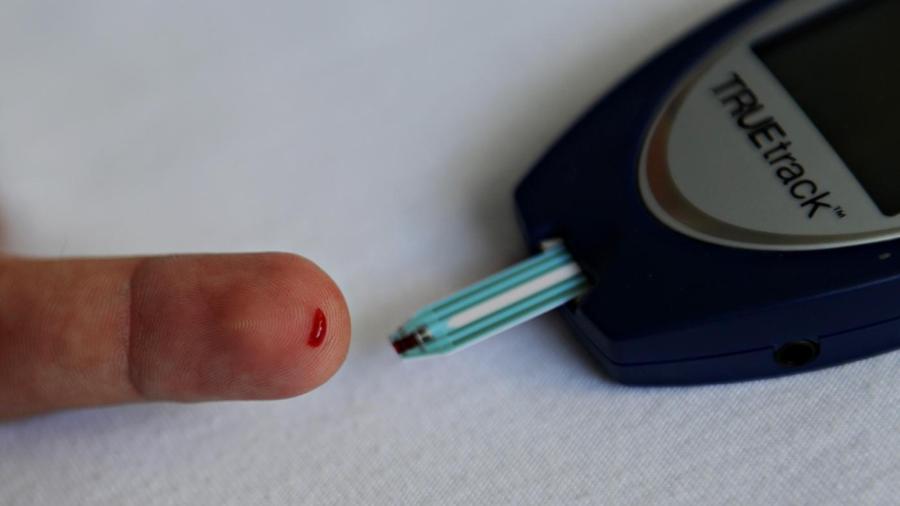What Is the Function of Glucose in the Human Body?

Glucose provides a source of energy for the human body. Experts from Georgia State University say glucose is the most important simple sugar used for human metabolism.
The human body converts carbohydrates into glucose. Carbohydrates are found in foods such as pasta, fruit, rice, vegetables and baked goods. In healthy people, a hormone called insulin helps glucose enter the cells.
People with diabetes do not make insulin or are unable to use insulin to carry glucose into their cells. This allows glucose to build up in the bloodstream, a condition known as high blood sugar. If glucose does not enter the cells, the body is unable to use it for energy, even if there is a large amount of glucose available.
In humans, glucose is converted to adenosine triphosphate via the process of cellular respiration. This process is made up of four steps called glycolysis, the transition reaction, the Krebs cycle and the electron transport chain.
During glycolysis, glucose is converted to pyruvic acid. Every molecule of glucose used during this stage produces two ATP, according to the IUPUI Department of Biology. The pyruvic acid is converted to a substance called acetyl CoA during the transition reaction. No ATP is produced during this stage of cellular respiration.
The hydrogen atoms are stripped away from the acetyl CoA during the Krebs cycle. This stage of cellular respiration produces four ATP. Finally, the electrons from the hydrogen atoms are shuttled into the electron transport chain. The end result is an additional 32 ATP for every glucose.





